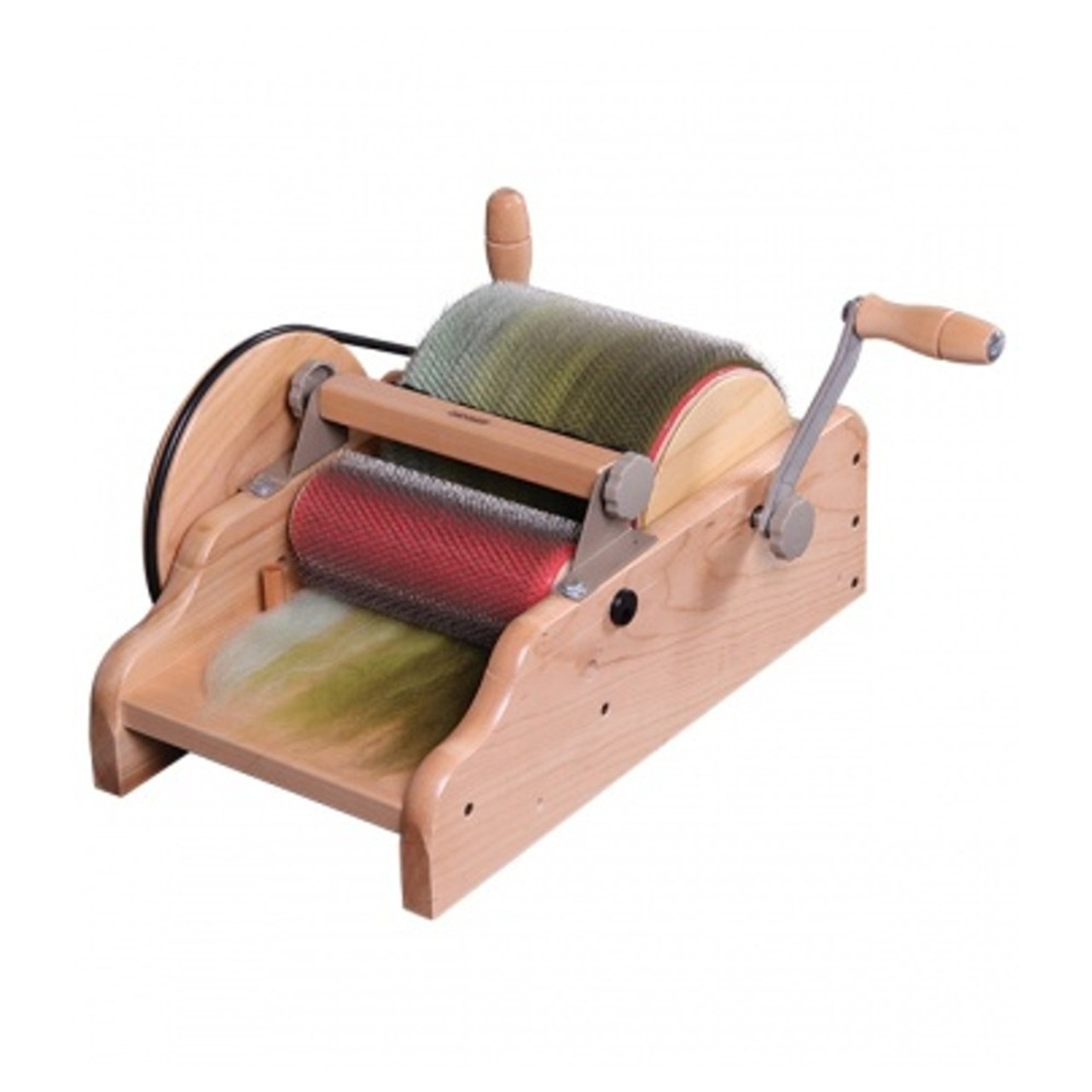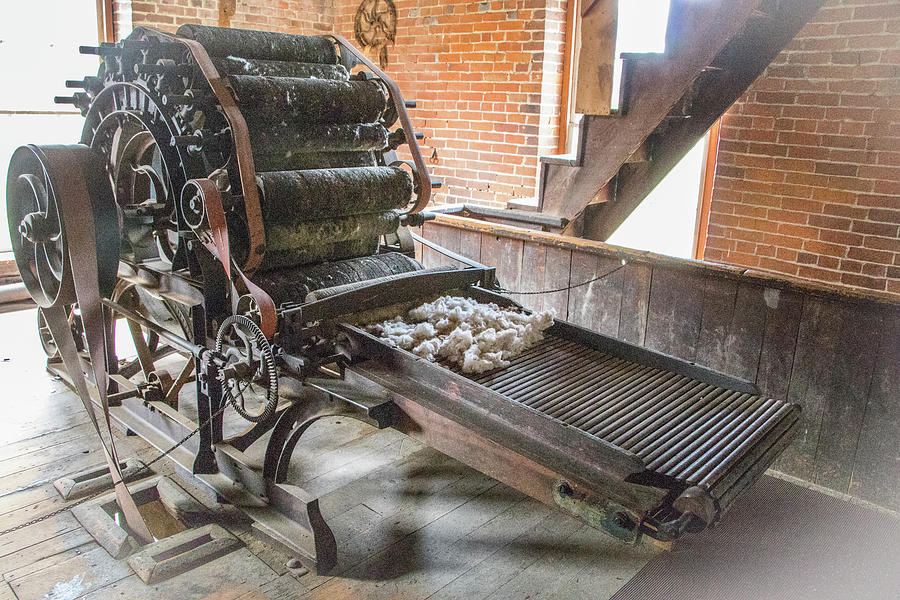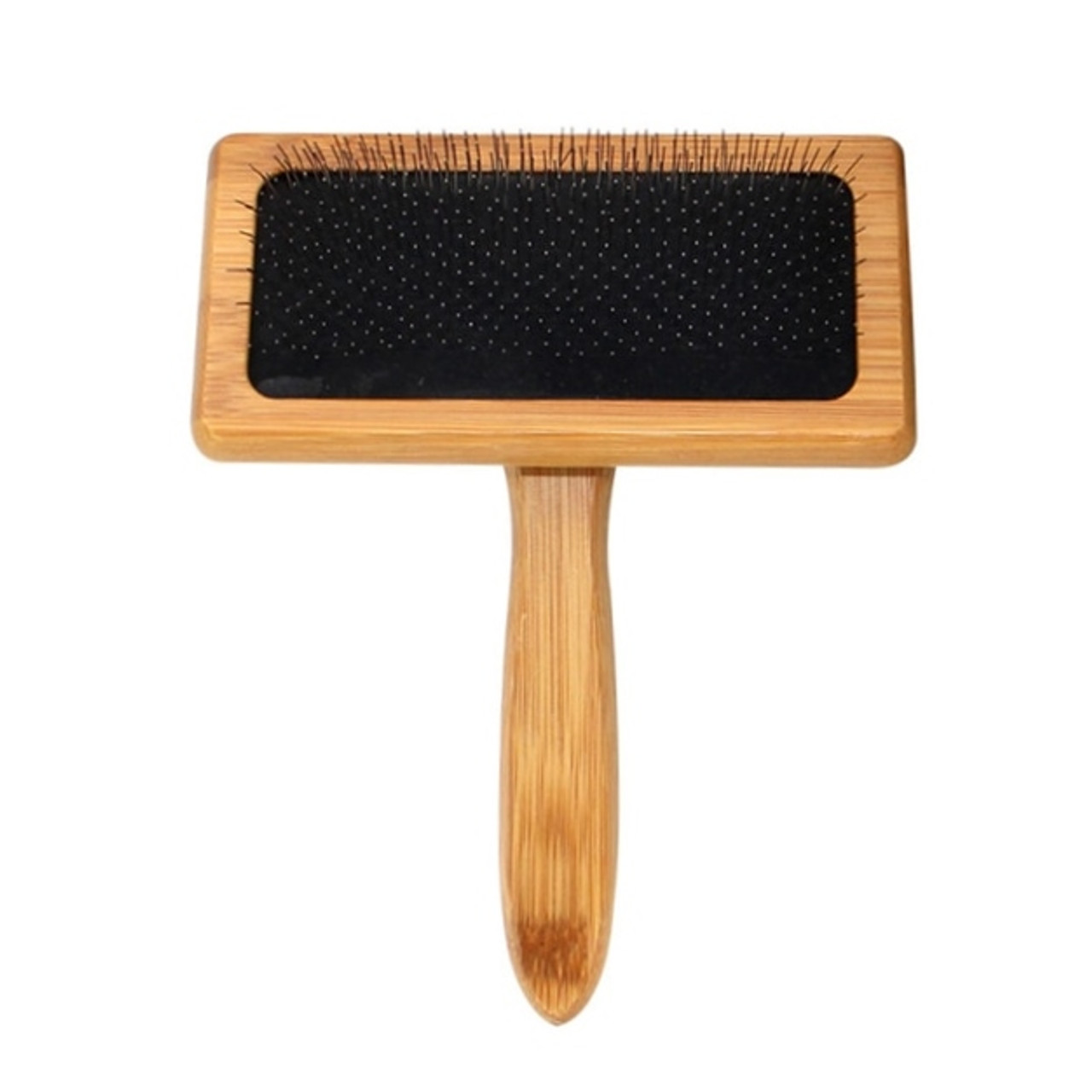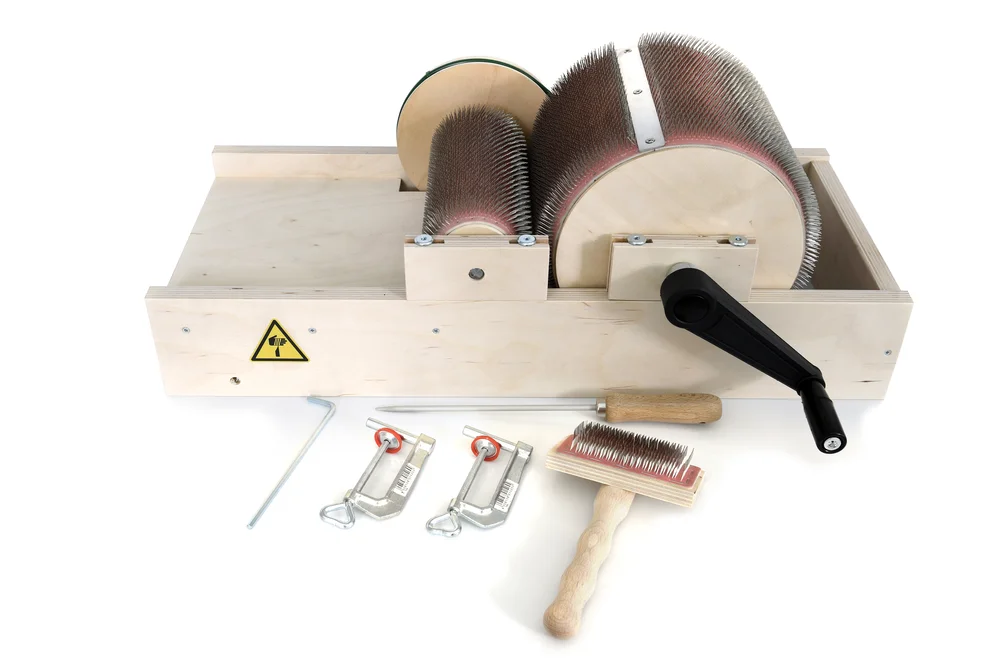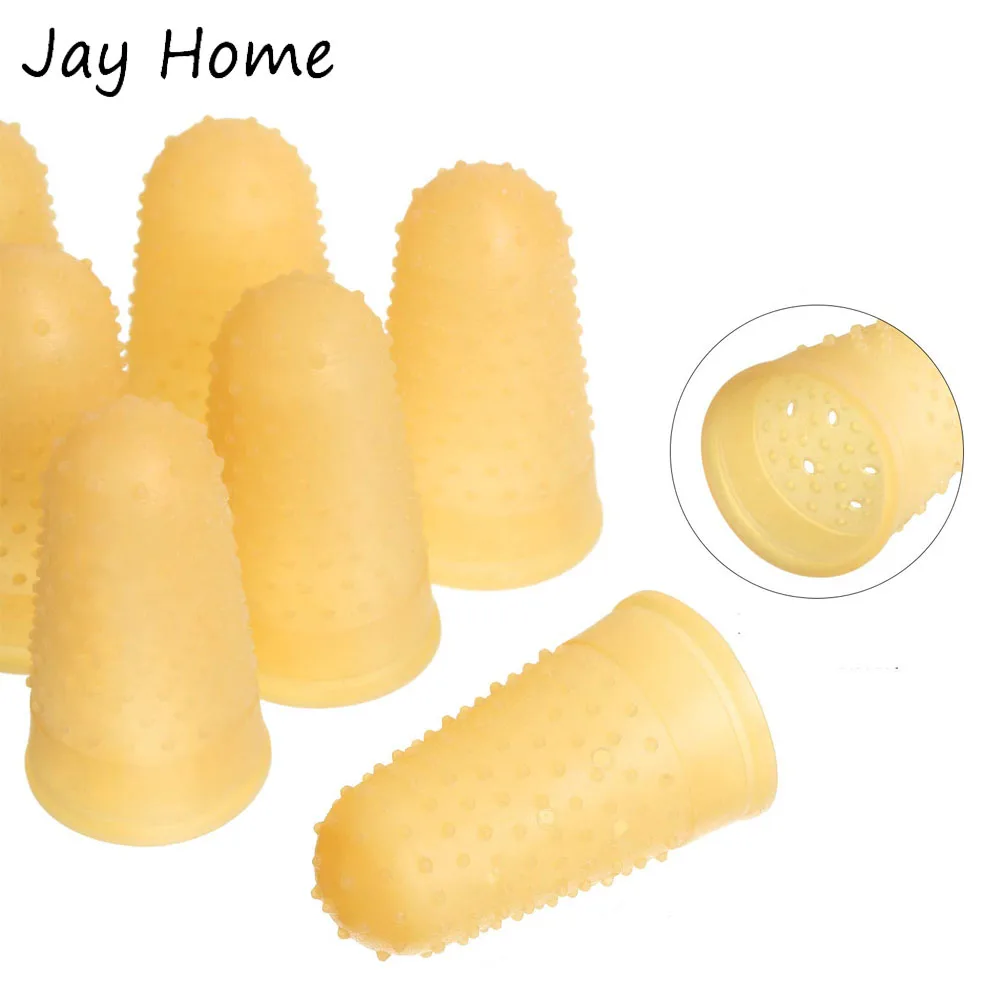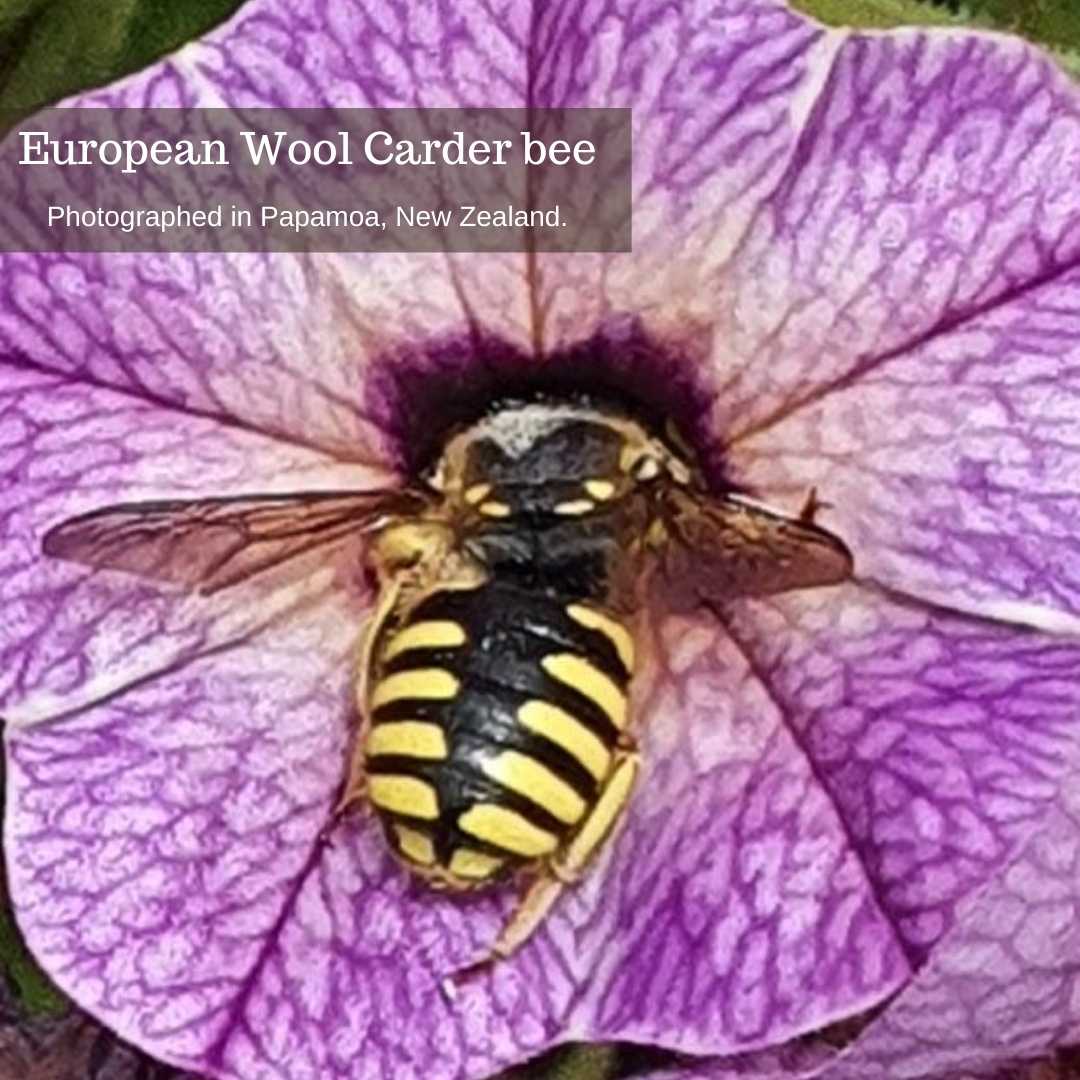
European Wool Carder Bee - the new kid on the block – Colony
My mother sent me a photo of this bee from a petunia flower in her garden not long after moving to Papamoa this past summer. I initially thought it was a hoverfly as I couldn’t see two pairs of wings (flies only have one pair). Some hover flies protect themselves from predators by mimicking wasps by having yellow and
Wool carders aren’t hive dwellers, but solitary bees that live in holes or cracks they find in wood or stems or in the ground. Who knows how it arrived here, but just like the exotic European honey bee, it has plenty of exotic flowers to feed on so it is likely to stay. It was first identified in New Zealand in Napier and Nelson in 2006 as the European wool carder bee or Anthidium manicatum, and now widespread throughout New Zealand, including Papamoa!

Wool Carder Bee Not the Terrorist Some Folks Think It Is - Entomology & Nematology News - ANR Blogs
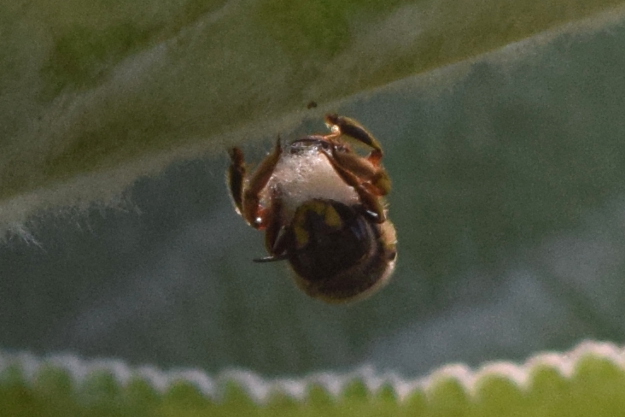
Wool Carder Bees The World's Best Gardening Blog

This Bully Bee Goes for the Blue Plate Special - Bug Squad - ANR Blogs
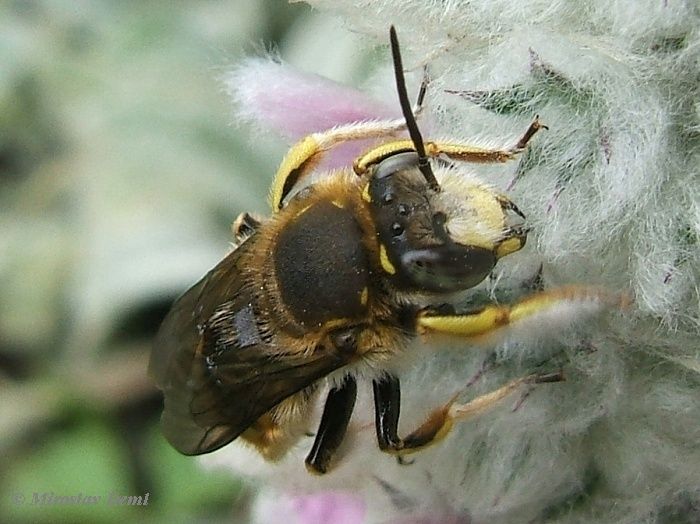
A Wool Carder Bee (Anthidium manicatum)
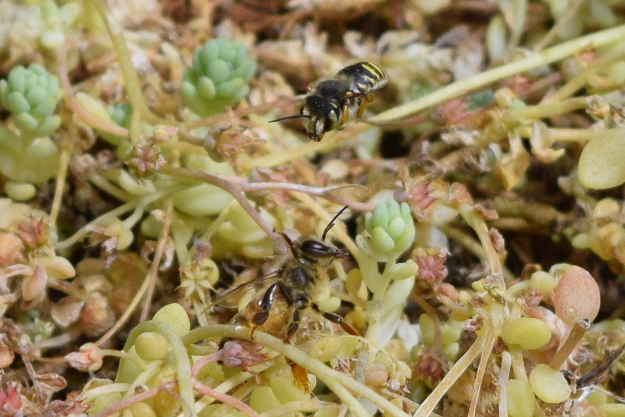
Wool Carder Bees The World's Best Gardening Blog

European Wool Carder Bee - the new kid on the block – Colony
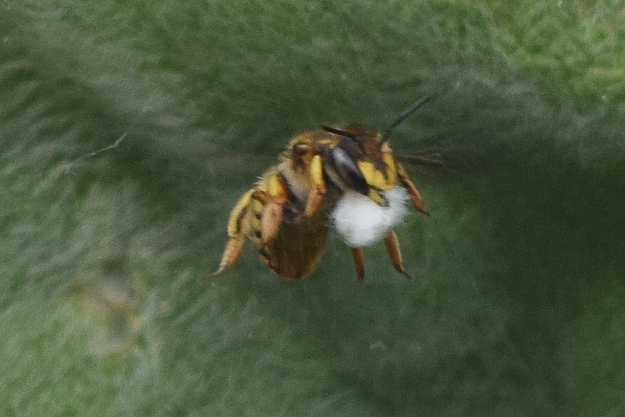
Wool Carder Bees The World's Best Gardening Blog

Carder Bees
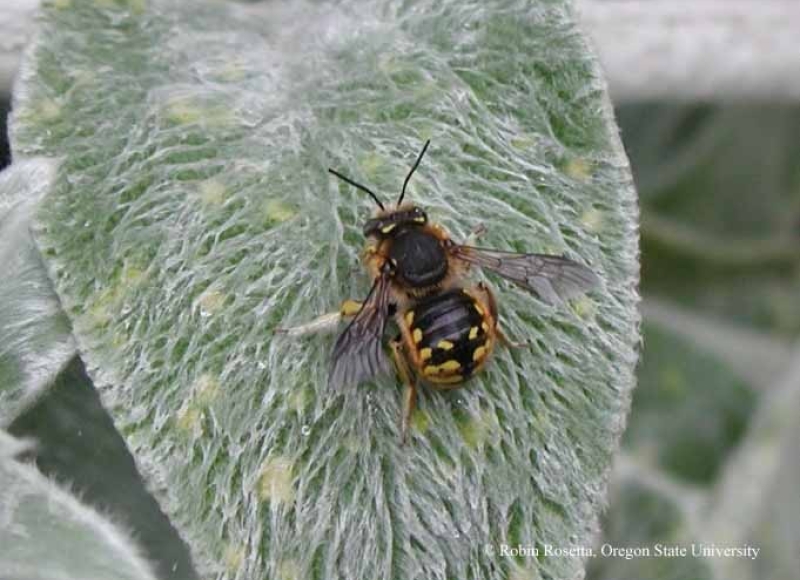
European wool carder bee College of Agricultural Sciences
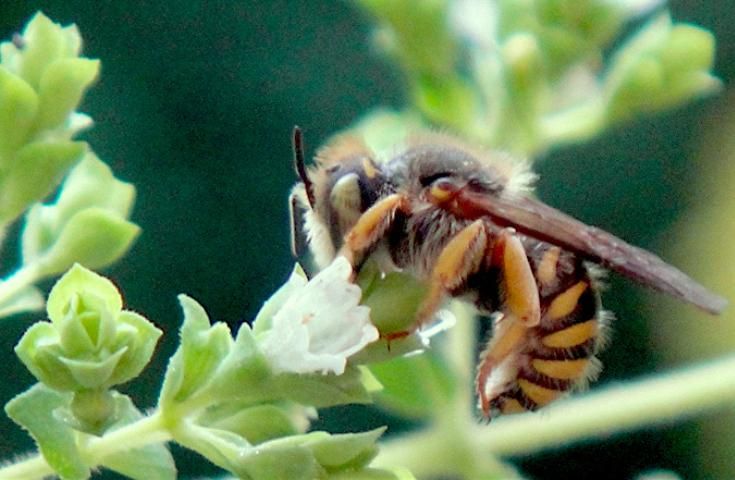
EENY-746/IN1274: European Wool Carder Bee, Anthidium manicatum (Linnaeus) (Insecta: Hymenoptera: Megachilidae)
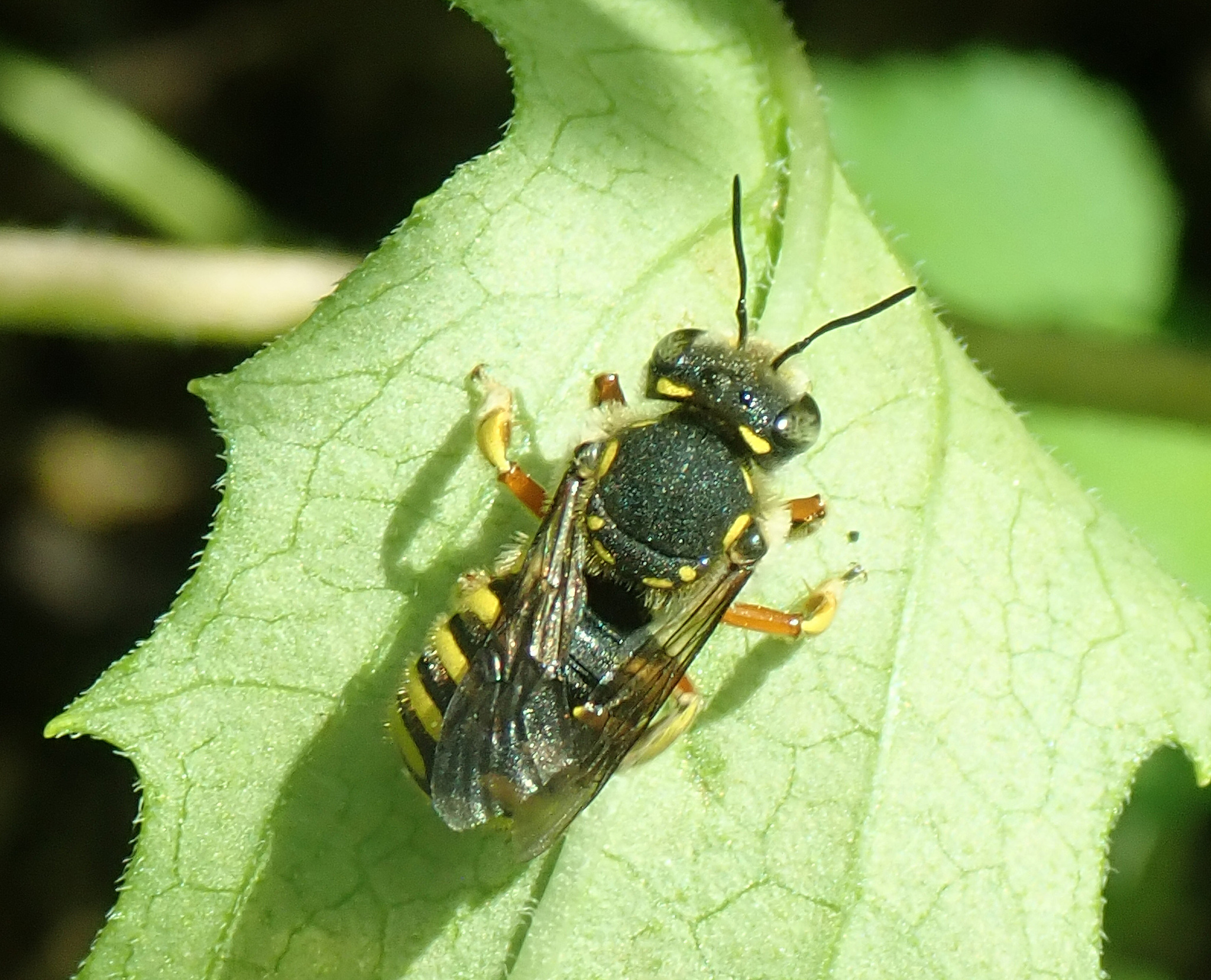
Maryland Biodiversity Project - Wool Carder Bee (Anthidium manicatum)
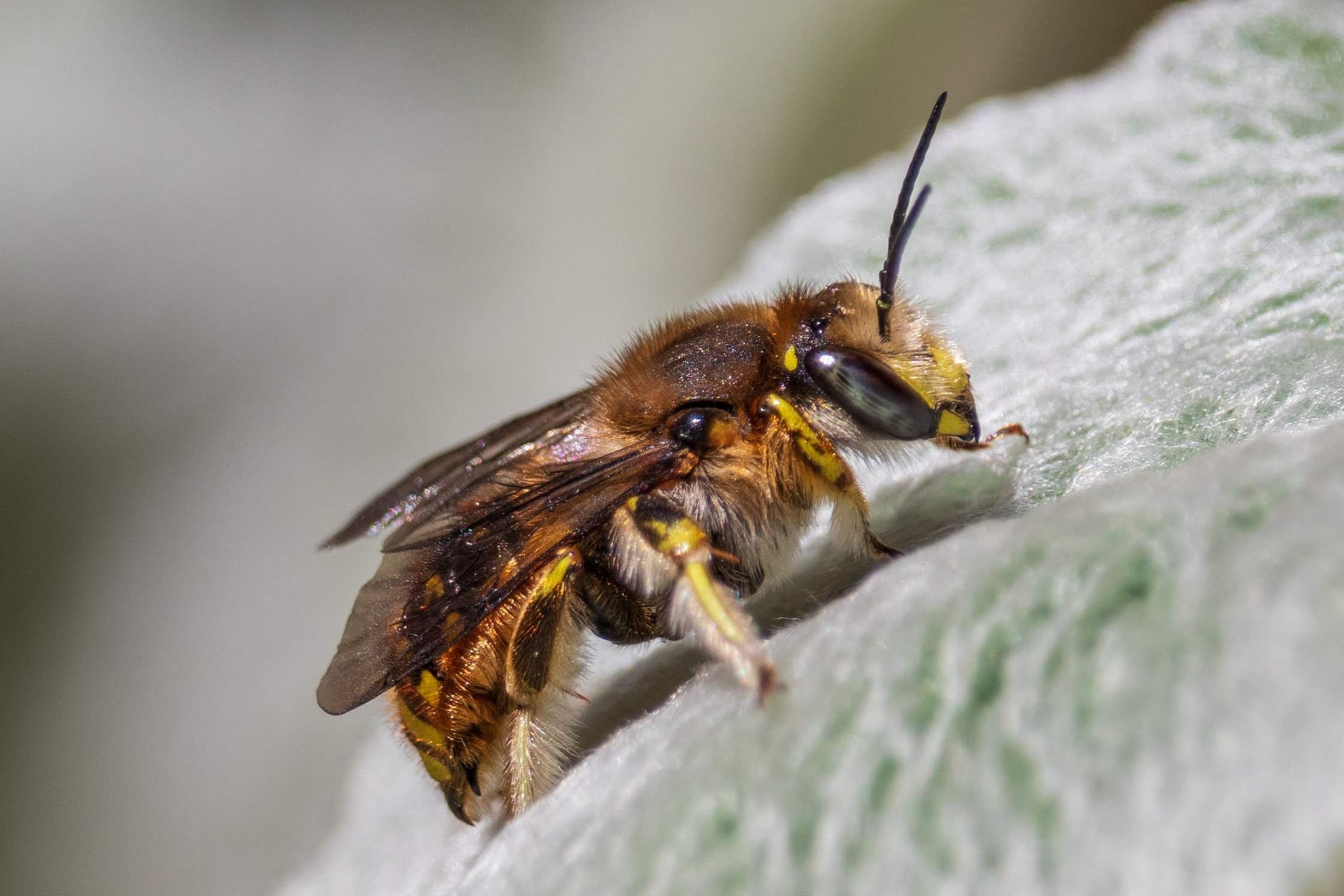
Maryland Biodiversity Project - Wool Carder Bee (Anthidium manicatum)
